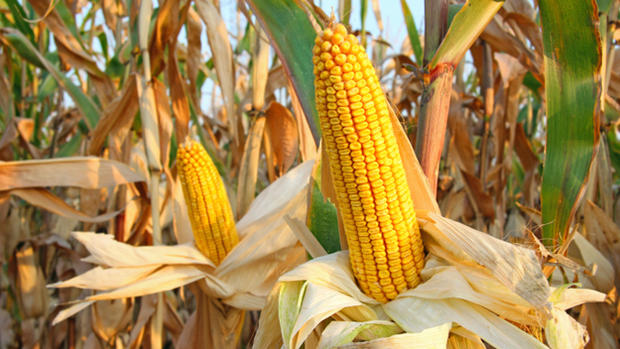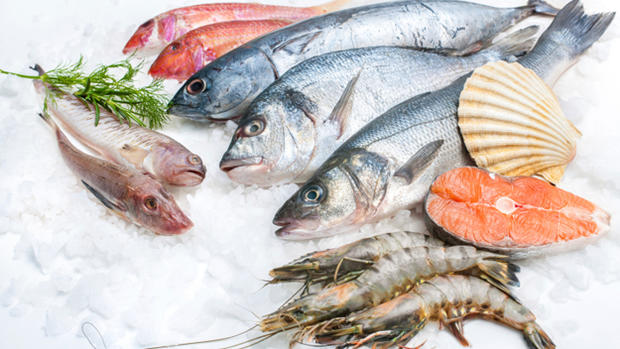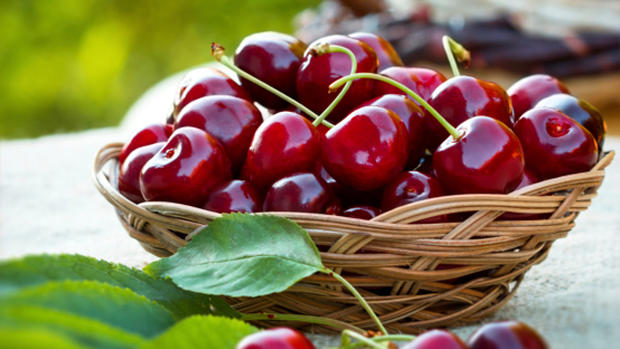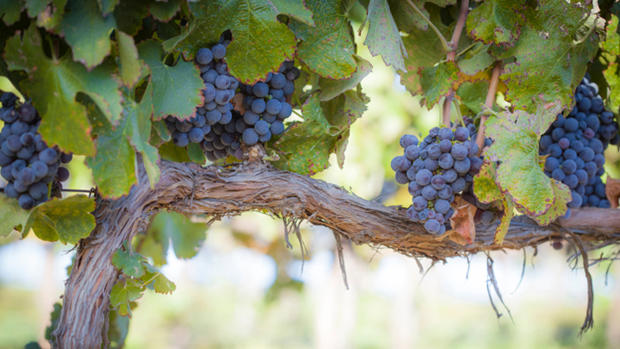Six Food Favorites Affected By Climate Change
RELATED: California Water Conservation Plummets In January Following Wet December
Extreme weather such as floods, high temperatures and drought are putting a dent in the food industry with climate change contributing to the loss of billions of dollars in crop revenue as well as the decline in available food options.
Because of climate change, some of the following best foods may not be around for long.
Corn
Between droughts, erosion and sustained frigid temperatures, the U.S.' biggest crop could disappear in the next few decades. Those yellow ears also one of the biggest food groups consumed by cattle and other animals, meaning there could also be a decline in meat for Americans as well.
Coffee
Droughts and intense, delayed precipitation are both leading to shortages in the morning hater's favorite beverage: coffee. Areas in Ethiopia, Costa Rica, and India suffering from these intense weather patterns have seen a noticeable decline in coffee production over the last few years.
Seafood
Climate change doesn't only affect foods grown or nurtured on land. The increased acidification of the ocean is threatening seafood staples such as oysters, clams, shrimp and fish everywhere. Sea temperature changes are also leading to fish and other underwater species to migrate to different places, if not go extinct altogether.
Maple Syrup
Warmer temperatures are creating shorter sweetening seasons for maples, in turn, leading to less sugar in the sap produced by these trees. Efforts have been created to keep production up, but eventually a long-term solution will be needed if this breakfast condiment is expected to stay on kitchen tables.
Cherries
With cooler temperatures being needed to yield sweet cherries, the red milkshake topper could see its end in years to come as warmer temperatures on the west coast continue to last longer and longer.
Wine Grapes
While warm weather is typically best for wine grapes, extremely hot weather is not. Unfortunately hotter temperatures tend to be the case for major wine areas like California and Australia; both of which may see a 70 percent loss of sustainable land for growing wine grapes.









